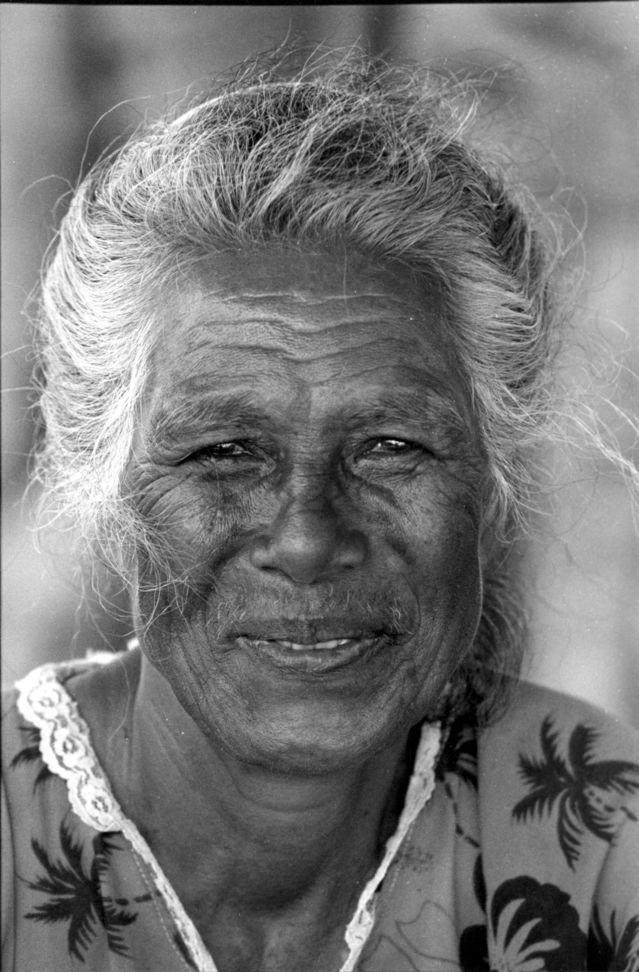Aging
Nine Guidelines for Aging With Wisdom
Inspiration for what is possible as we age.
Posted March 8, 2018
The elderly man was sitting on the stairs by the front door taking forever to tie the laces on his sneakers. He was bent over his feet, his fingers fumbling and uncertain, an excruciating process to watch. This was my husband, and we had an appointment to make. By now he was four years into what would be a six year journey with Alzheimer’s. I watched his tedious process, furiously trying to remain patient.
He finished making the final bow, sat back, and looked up at me slowly as if we had all the time in the world . He wasn’t the least bit frustrated or hurried, for he had neither sense of time nor memory of the appointment. With almost childlike delight, he said,
“It’s really nice to be old.”
How many times have you heard anyone say those words? We usually hear a litany of the opposite: disbelief, dismay, discouragement – all kinds of resistance to the realities of aging. But there he was, filled with contentment and ease, announcing to me how nice it was to be old. What a gift!
After accompanying my husband through Alzheimer’s, writing a book about it, as well as other writing and many talks, I’ve come up with a master list of approaches that can provide inspiration for aging. They are guidelines that can light the way through the inevitable changes and challenges of growing older.
* Rejoicing in the blessings we still have. Too easily we lapse into focusing on our problems; this is a reminder to shift the lens to what is positive in our lives.
* Letting go of our struggle with life. If we get caught with anxieties, worries, self-pity, resistance, or whatever, we have the choice to simply drop the struggle and cultivate the practice of acceptance. This is way things are: can I be OK with this? This is accepting reality as it is, not as we would like it to be. The gap between those two is always a source of suffering.
* Acceptance of loss and change. Since these are an inevitable part of aging, the practice of acceptance is perhaps the most powerful response that we can have. I happen to regard the last chapter of life as the most heroic, and acceptance is a subtle form of heroism.
* Seeing beauty in old age. Unfortunately, we live in a youth-obsessed culture, but this is an invitation to flip the lens to see beauty in older people. Their lifelines, their silver hair, their softer bodies are the signs of a life fully lived. Hopefully they now embody the wisdom hard won over years of experience. Start seeing this as beautiful, because it is.

* Cultivating lightness and humor. These are like the yeast or leavening in baking a loaf of bread. They transform one thing (heavy flour) into another (delicious bread.) In our lives, we can find the flash of lightness or humor in a heavy situation that can shift the energy in a moment. Try playing with finding lightness even it seems counter intuitive. It’s truly a form of alchemy.
* Deepening awareness through meditation or prayer. We need some form of spiritual practice to create the inner resilience needed to meet the inevitable challenges of aging. There are many forms of practice, but in essence, they are all about developing the power of loving attention and inner strength.
* Opening to the unknown. Upon reflection, we are constantly moving into the unknown, and ultimately toward that greatest of mysteries – our own death. Instead of fearing the unknown, can we open to it with a sense of curiosity and adventure? This takes inner resilience and faith – those qualities cultivated in the previous guideline.

* Making friends with death. We’re a death avoidant culture, but death is as much a part of life as birth. We can’t conceive of our own death, but we can acknowledge its reality by taking care of unfinished business in our lives, deepening our inner life, and telling our closest ones that we love them. We can also read compelling literature in the field, another way of opening to death.
* Cultivating the life of the spirit. The previous three guidelines are all part of this last guideline. However one relates to this, the later years invite looking more deeply at meaning and purpose in our lives. It’s part of the natural impulse to find completion. Above all, this is the time to open to the wonder and mystery of life.
I offer you these nine guidelines as inspiration for what is possible.
With blessings and love,
Olivia




